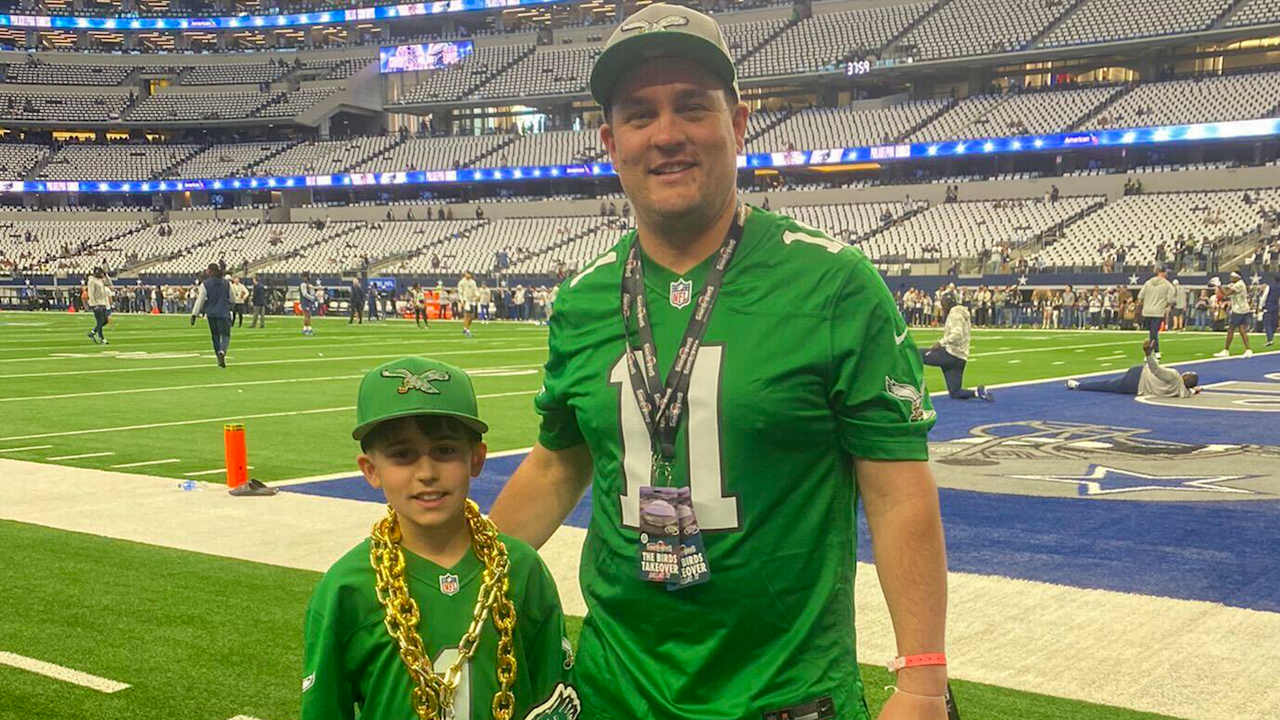Australia’s major airports introduce Sunflower Lanyards for those with hidden disabilities

- by Admin
- June 9, 2024

Gold Coast Airport offers priority security screening for Hidden Disabilities lanyard wearers. Photo / Travel Without Limits
Getting the help you need while travelling with a disability – especially one that’s not immediately obvious to those around you – can be tough. Several Australian airports have implemented a new programme (modelled off a successful system used in the UK) to make things easier for people with hidden disabilities.
If you or someone you are travelling with has a hidden disability, such as autism, dementia, anxiety, or low vision, you can request a Hidden Disability Sunflower Lanyard at major airports around Australia. Staff are trained to recognise the lanyards as a discreet signal that you may need extra assistance or support to make it through the airport safe and well.
READ MORE: Australia’s most accessible beaches for wheelchair users
Adelaide Airport
Get in touch with Adelaide Airport one to two weeks before your trip, and they will provide you with a Hidden Disabilities lanyard and an Adelaide Airport Assistance Plan (both available for collection from the T1 Administration Office on Level 2, behind the Virgin check-in desk).
With the lanyard, you can use the assistance lane for security screening, and staff will know to be sensitive to your needs throughout the process.
Adelaide Airport also has Elmo, the airport facility dog, who, during business hours has been trained to meet, greet, and support travellers who would benefit from his comfort while in transit.
Melbourne Airport (International)
Melbourne Airport staff at the International Terminal have been trained to provide extra support as needed to travellers wearing a Hidden Disability lanyard – whether that means slowing down, guiding you through a process, or helping you find the facilities you need.
They will provide a lanyard, a Sensory Map (to help you identify high- and low-sensory areas as needed), and Social Stories for both departures and arrivals.

Sydney Airport
Sydney Airport has both diligent staff and volunteer Airport Ambassadors, all specifically trained in assisting people with hidden disabilities. You can collect a Hidden Disabilities lanyard at the Airport Services Centre (T1 International) or at the Ambassadors Information Desk (T2 Domestic).
There’s also an Assistance Animal Relief Area, a Changing Places facility, Hearing Loops, TTY phones, Sensory Maps, and more facilities available to support you before take off or on arrival.

Brisbane Airport
At Brisbane Airport, staff are happy to assist you at any stage of your journey. Whether you need a process to slow down to suit your pace, more information about an aspect of travel that’s worrying you, or a quiet space to feel calm, they can make it happen.
They offer an Accessibility Journey Planner with tailored information to help travellers with a disability, and Hidden Disabilities lanyards that can be collected from both the Domestic Terminal (Visitor Information Centre, Level 1) and the International Terminal (Reception, Level 3).

Gold Coast Airport
The team members at Gold Coast Airport will go above and beyond to make sure your transit is comfortable and hassle-free. Travellers with a Hidden Disabilities lanyard can use the priority lane for security screening, where Security team members have been trained in conducting efficient and sensitive screens.
They also provide a Hidden Disabilities Guide, a Terminal Sensory Map, Social Stories (written and visual), and an Airport Activity Book.
If you’re travelling on Wednesdays or Thursdays, keep your eye out for an AmbassaPAW Therapy Dog volunteer.
Bonus tips for air travel with hidden disabilities
- Get in touch with the airport (usually a simple form, available on their website) to request a Hidden Disabilities lanyard one to two weeks prior to travel.
- Hidden Disabilities lanyards are reusable. Check with the airport staff member when you collect yours, but usually you can keep it to use at other destinations.
- Be sure to contact your airline, as well as the airport, regarding any additional assistance you may need on your journey. They’re the ones best placed to help you with an escort to your gate, assistance with baggage, and so on.
- Even if an airport doesn’t yet have a specific Hidden Disabilities programme, they may have other resources available to assist you. Hobart Airport, for instance, has an excellent series of Social Stories available online, and they offer advice tailored for people with hidden disabilities.
This story first appeared in Travel Without Limits magazine and is republished with permission.
The Latest News
-
November 25, 2024Australia v India: first men’s Test, day four – live
-
November 25, 2024Australia v India LIVE updates: Australia stares down heavy home defeat as veterans face the music
-
November 25, 2024First Test live: Steve Smith’s chance arrives after Aussie horror show
-
November 25, 2024This year-long LPGA honor came down to the second-to-last hole – Australian Golf Digest
-
November 25, 2024START YOUR ENGINES: Grab a friend and join us at the 2025 Maserati Masters at Barnbougle – Australian Golf Digest




